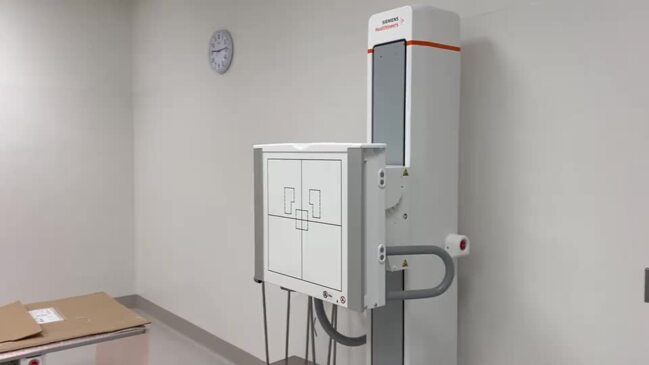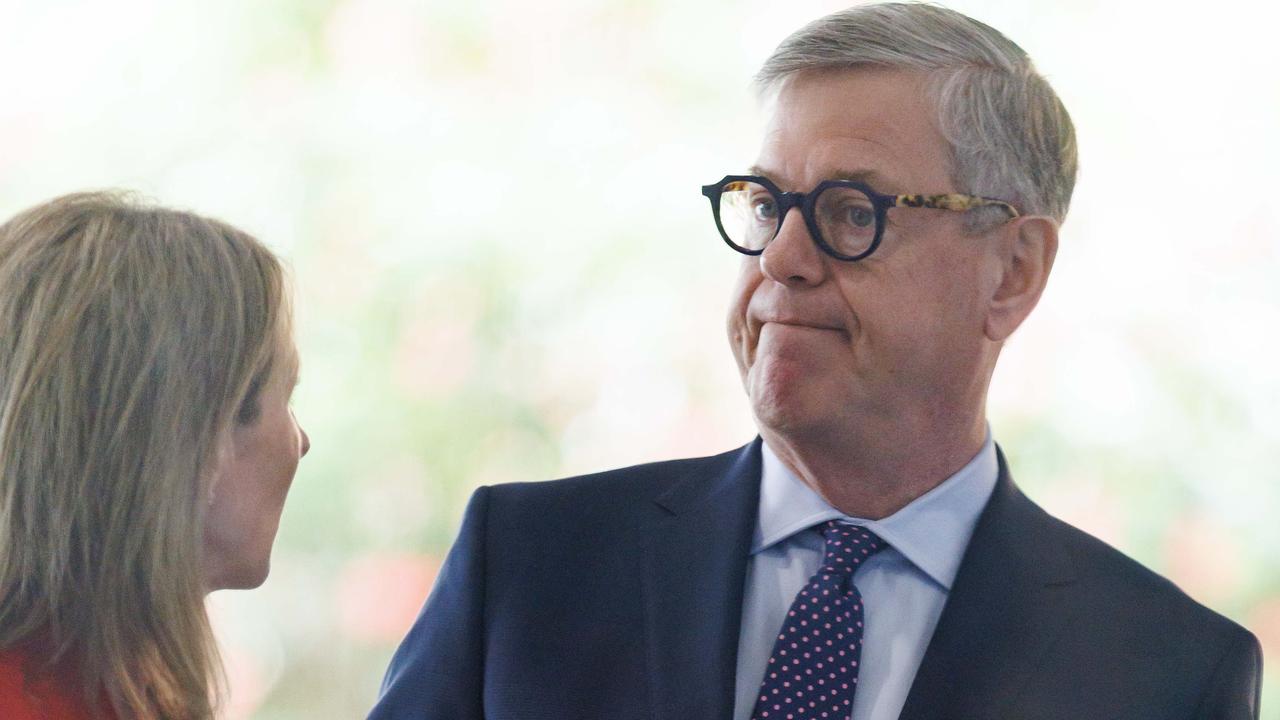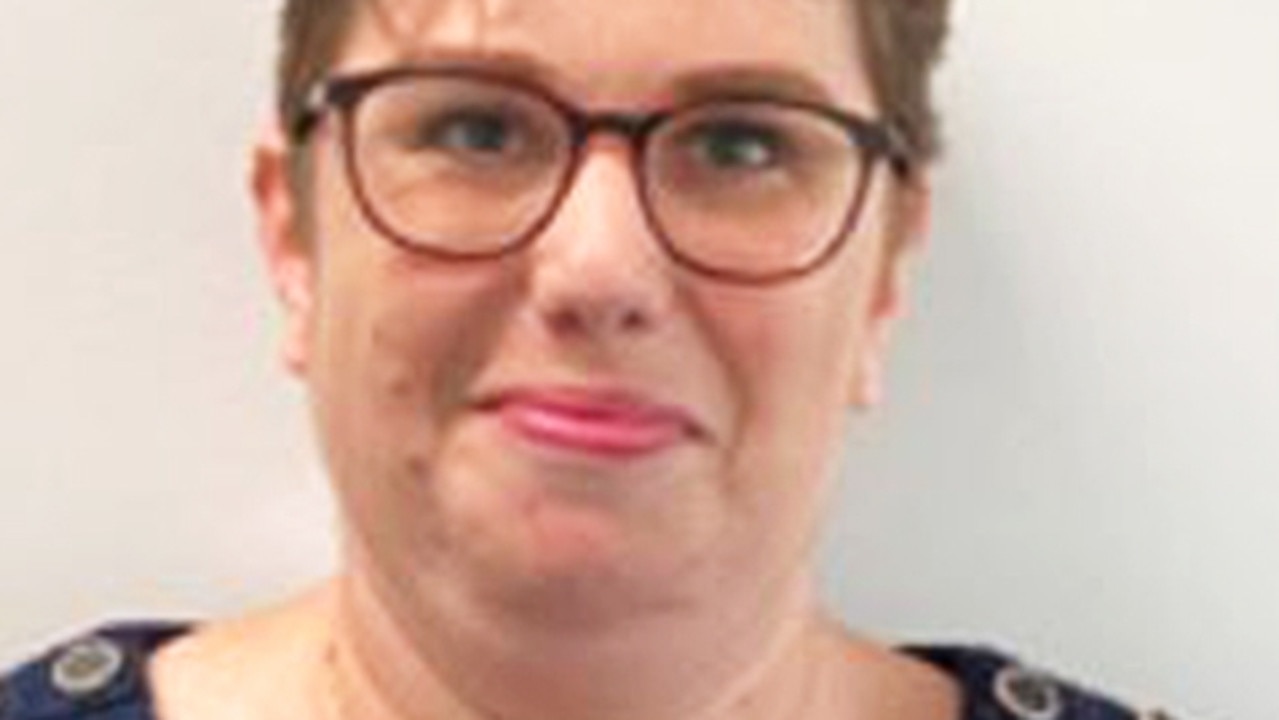LNP would rename controversial satellite hospitals
The LNP has declared it would rename the controversial satellite hospitals is elected, as the Deputy Premier doubles down.

QLD Politics
Don't miss out on the headlines from QLD Politics. Followed categories will be added to My News.
The LNP would rename Queensland’s seven satellite hospitals should they win the October election, following fears the label has led to serious confusion among patients and doctors.
But the state government has doubled down on the word “hospital” in the naming of the sites – designed to treat patients with “minor injuries and illnesses” – with Deputy Premier Cameron Dick telling reporters on Thursday “that’s what they are”.
LNP spokeswoman Ros Bates said the Opposition was committed to “renaming, resourcing and running these facilities properly”.
“It’s time the Labor government starts listening to experts and renames the satellite hospitals to what they actually are,” she said.

Last week The Courier-Mail revealed GPs were expressing confusion about what was on offer at the multimillion-dollar satellite hospitals, with Australian Medical Association of Queensland President Maria Boulton saying “despite the name, these satellite hospitals don’t provide the services that hospitals provide”.
“The state government’s satellite hospitals have recently been under fire over long wait times and under-pressure staff, however the root of the issue here is that patients are turning up to the wrong service providers for help,” she said.
“Patients are turning up only to be turned away or made to wait for hours.”

A leaked recording from a Queensland Health director revealed by The Courier-Mail more than a year ago also revealed concerns inside the department over the naming of the site, with the unnamed director telling staff she had fought against using the label.
The state government has faced repeated questions over naming the medical sites satellite hospitals, despite the clinics having no beds, emergency departments, closing at 10pm and being staffed mostly by nurses.
Mr Dick appeared unswayed on the issue on Thursday, saying those things were “not what defines a hospital”.

But when he was asked what did define a hospital, he did not respond.
Pressed on the fact it was the name – not the services – of the sites that were being questioned, Mr Dick said: “That’s what they are.”
“They deliver hospital care,” he said.
“What these hospitals do is provide care to the community. That’s 25,000 people who have been treated in satellite hospitals who would have otherwise gone to an emergency department.”




